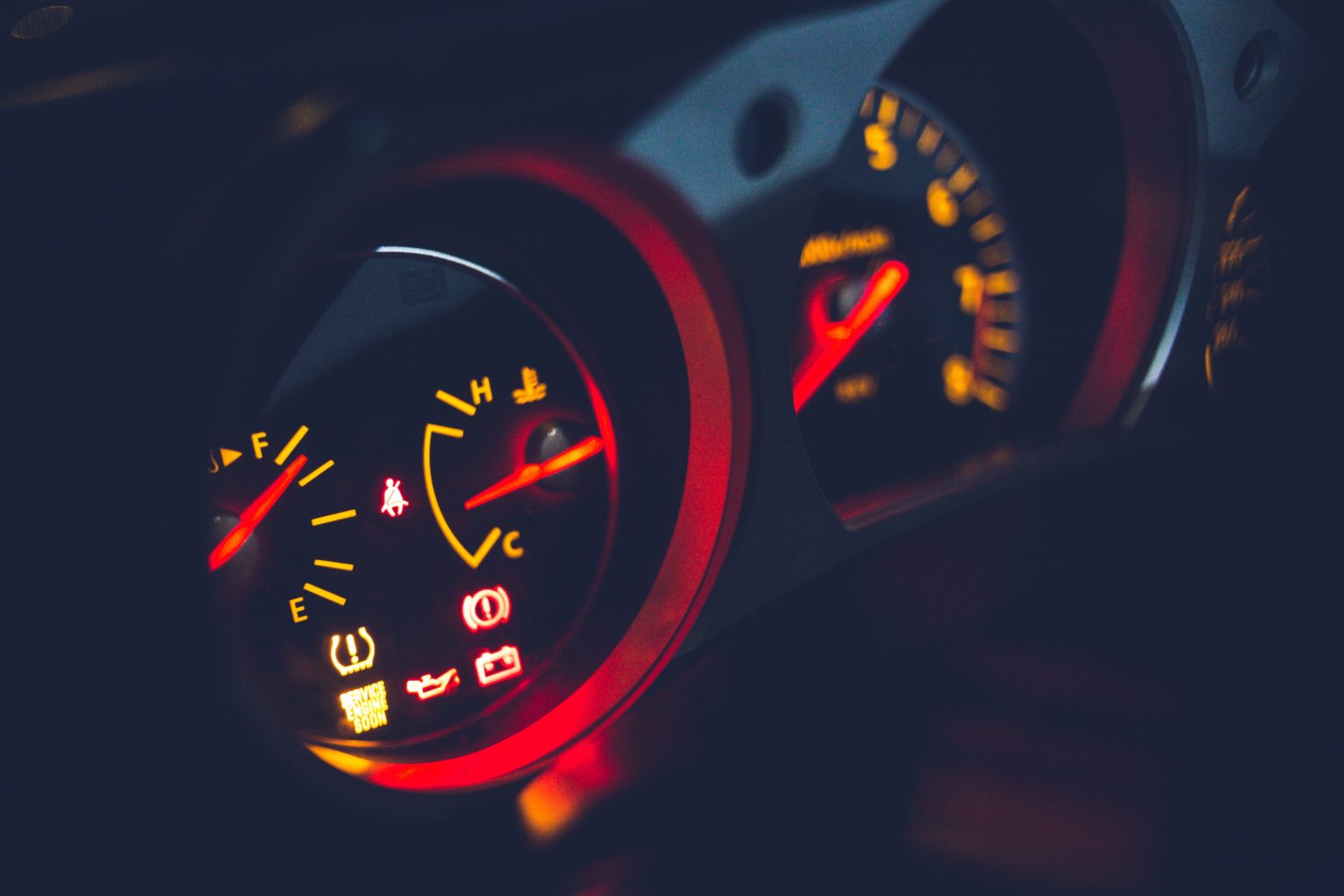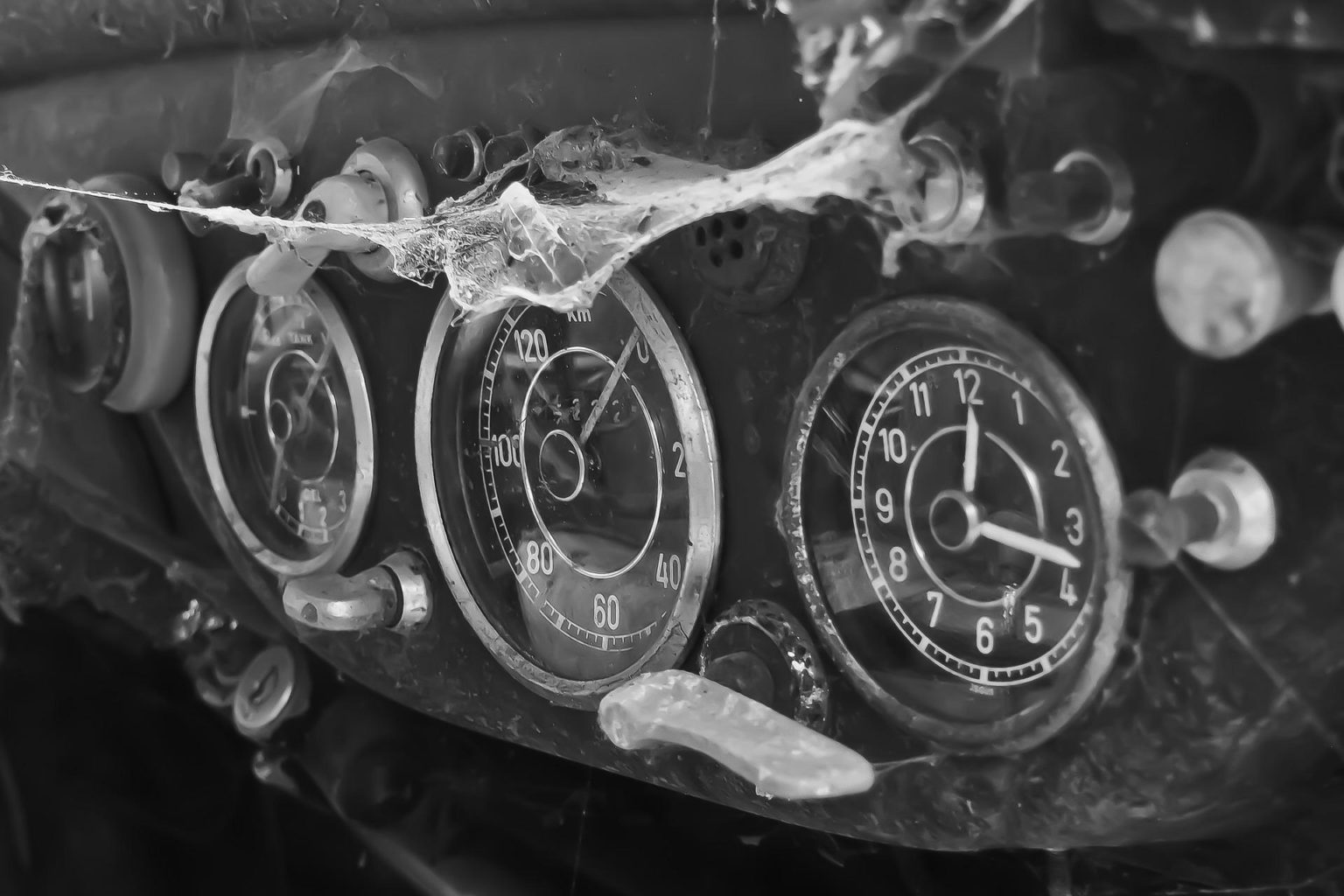Oil pressure is one of the most important factors contributing to an engine running smoothly and lasting a long time.
Engines are complex pieces of machinery, and they have a lot of weight to pull – literally. Having oil in an engine makes sure that all the moving parts are well lubricated and able to function optimally.
When the oil is flowing through an engine, pressures build up. It’s this pressure that ensures the oil reaches everywhere it needs to and keeps on flowing.
If the pressure drops to the point where oil is no longer flowing freely around all the engine’s moving parts, unlubricated metal surfaces will come into contact.
This results in friction, warping, seals breaking, and some other issues. In short, it’s a quick way to ruin an engine. Problems with oil can truly inflict major damage to your vehicle if left unchecked.
So, it’s essential that you keep an eye on your oil pressure gauge and conduct routine maintenance. If the warning light comes on to indicate there is a problem with the pressure, stop your vehicle as soon as possible.

What Is High Oil Pressure?
Every car’s engine requires lubrication to operate properly, which in this case is engine or motor oil. The oil flows through various parts of the engine as it runs, and needs to be pressurized to move.
The engine and vehicle has its own specific ideal operating range when it comes to oil pressure, but it’s usually somewhere between 25 and 65 psi when the oil has been warmed up. High oil pressure needed to move oil round to rise.
What Causes High Oil Pressure?
The most common cause of high oil pressure is engine temperature, which is ultimately what dictates the temperature that the oil reaches. Malfunctioning engine components can also cause oil pressure to rise.

What is Low Oil Pressure?
If your engine is experiencing low oil pressure, the oil might not be able to reach the areas of the engine where it’s needed for lubrication. Pressure helps move the oil through the narrow passageways in the engine, and a lack of lubrication can cause the engine to seize.
Will High Pressure Damage My Car?
It can. If oil flow is constricted or slowed, parts of your engine may not receive adequate lubrication. A bigger issue with high oil pressure is that it can indicate other, more serious issues with your engine’s internals, so it’s best not to ignore the pressure gauge when you see it rising. In the worst-case scenarios, this can lead to engine failure.

